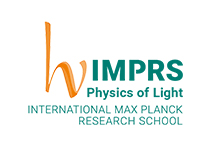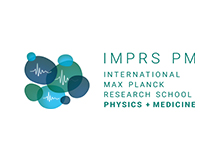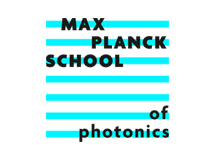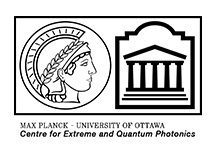Little noticed, but of enormous influence: Tissue mechanics affect the growth and metastasis of cancer
The first awardee of the Rosalind Franklin Scientist-in-Residence (RFSR) Program of the Max-Planck-Zentrum für Physik und Medizin (MPZPM), Claudia Fischbach-Teschl, has started her seven month-sabbatical in Erlangen. The program offers outstanding scientists the opportunity to conduct independent research at MPZPM.

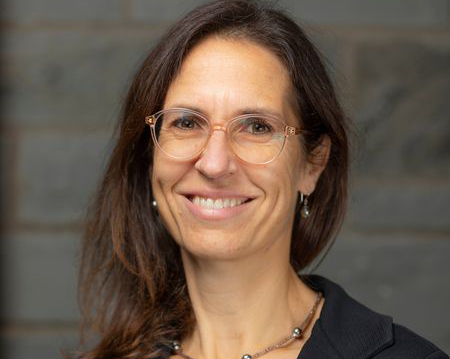
Claudia Fischbach-Teschl, Professor of Biomedical Engineering at Cornell University, Director of the Cornell Physical Sciences Oncology Center (PSOC) for the Physics of Cancer Metabolism, and Associate Director of the Cornell Nanoscale Science and Engineering Facility (CNF) is researching how physical properties of the microenvironment including those introduced by extracellular matrix affect the pathogenesis of cancer.
The researcher, originally from Bavaria, wants to better understand how tumor-microenvironment interactions regulate cancer development, progression and therapy resistance. She finds ideal conditions for her research at MPZPM: access to state-of-the-art technical support, including workshops[CF1] , micro- and nanofabrication, and microscopy facilities. The variety of high-resolution imaging methods are just as exciting for her studies as methods developed in the Jochen Guck Laboratory for the mechanical characterization of cells and tissues, Fischbach-Teschl says. They interacted before, pursuing parallel approaches, and now she is in Erlangen to build future collaborations and develop new research approaches. Erlangen provides optimal conditions for this, Fischbach explains. “The interdisciplinary nature and openness of Erlangen’s research landscape as well as the diversity of projects are immensely important parameters for being able to break completely new ground in research."
"Historically, the main focus of cancer research has been on biology, but we now know that the physical properties of tumor cells and their microenvironment are just as important. Accordingly, it is critical to identify opportunities for joint projects between physicists, biologists and clinicians." The Fischbach-Teschl lab at Cornell focuses on studying the microenvironment of tumor cells from a physical science perspective, observing its effect on tumor cells and metastases. To this end, Fischbach's team is analyzing how the complex biochemical and biophysical properties of tumor-surrounding adipose tissue affect tumor invasion, and what impact the materials properties of bone tissue have on metastasis. Using model systems that simulate the physical properties of cancer, Fischbach hopes to improve the current understanding of cancer: What induces tumorigenesis, leads to growth and metastasis, and how do tumor cells manage to evade the immune system.
In addition to the professional challenge and her inner drive to get to the bottom of pathological changes, she is very interested in collaborating with different disciplines. "Integrating biologists, physicists and medical doctors in one project is an exciting challenge. Each field takes different approaches to studying unmet clinical or scientific questions. Combining them enables new insights that would be impossible to achieve with conventional methods but could ultimately improve the prognosis of cancer patients." But she is not only interested in the cellular microenvironment. She is aware that she may be seen as a role model for young female researchers, a role she is passionate about as it increases the likelihood for young women to advance research excellence and help establish a "good scientific environment".
Picture (Credit: Simon Wheeler): Claudia Fischbach-Teschl
Contact
Edda Fischer
Head of Communication and Marketing
Telefon: 09131 7133 805
MPLpresse@mpl.mpg.de



